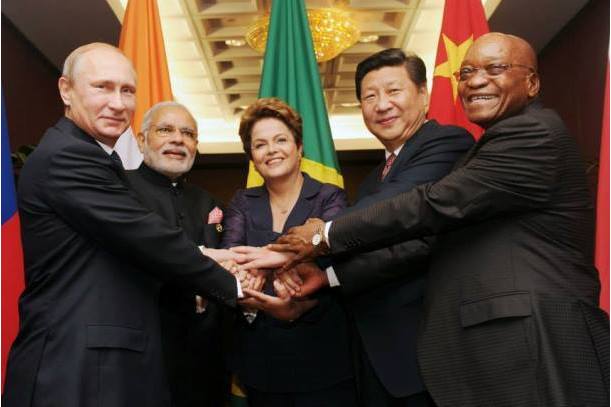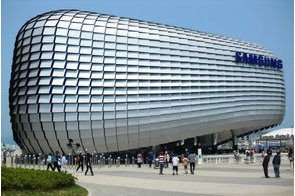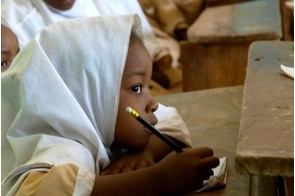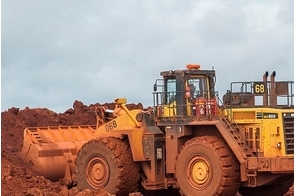Civil society groups advocate new model for BRICS’ New Development Bank

Summary
According to the groups, existing development models have been socially harmful and environmentally unsustainable.
As the BRICS (Brazil, Russia, India, China, and South Africa) countries met in Ufa, Russia, on July 7th to launch the New Development Bank, over 40 civil society organizations and social movements from around the world sent an open letter, urging the BRICS countries to break with the failed development models of the past and ensure that the NDB is indeed something new.
The ensuing rationale behind the plea by the groups is the claim by many that so-called development projects carried out by the World Bank and other traditional development institutions have not benefited the Global South. In fact, most of their projects are deemed to be non-inclusive and contribute to impoverishing local communities, while the big corporations and governments officials are the real beneficiaries.
In a recent report, Human Rights Watch (HRW), provided details on how the World Bank and the International Finance Corporation (IFC) stand idly by while critics of projects funded by the World Bank Group are frequently harassed and even unlawfully detained by governments and powerful corporations.
Coordinator of the Bank on Human Rights Coalition, Gretchen Gordon said, "For the NDB to bring real development, it must break with the failed models of the past and instead promote investment that is human rights-respecting, inclusive, and led by local communities. To do this requires not only firm commitments, but clear and transparent strategies and operational policies."
What is paramount in the demands of the civil society coalition seeking a departure from the failed development models is the entrenchment of human rights and environmental consciousness in the project financing. According to the statement by the groups, the existing development models have been socially harmful, environmentally unsustainable and have led to greater inequalities between and within countries.
Hence, the coalition stated four principles that must be followed in order for the BRICS’ New Development Bank to show commitment to break with history. The principles are as follows: 1) Promote development for all; 2) Be transparent and democratic; 3) Set strong standards and make sure they’re followed; 4) Promote sustainable development.
Caio Borges of the Brazilian human rights organization, Conectas Direitos Humanos, said, “"Brazil is now a leading actor in the realm of cooperation for development. In this multilateral forum, the government should stand for justice within States, and not only between countries."
"We hope that the New Development Bank reshapes not only global geopolitics but the landscape of development finance, towards a model of partnership that puts first and foremost the fundamental human rights of individuals and vulnerable groups who are most affected by development projects," Borges added.
Related
-
Samsung enjoins corporate investors to lead Africa's sustainable development agenda
Samsung said it is making positive contributions towards the SDGs.
-
Tracking aid flows for early child development
259 foundations and 43 donor agencies invested $16 billion in ECD in East Africa since 2008.
-
IFC invests $200 million to boost bauxite mining in Guinea
With the Sangaredi mine expansion, CBG is expected to contribute $150 million to the government treasury each year and ...










